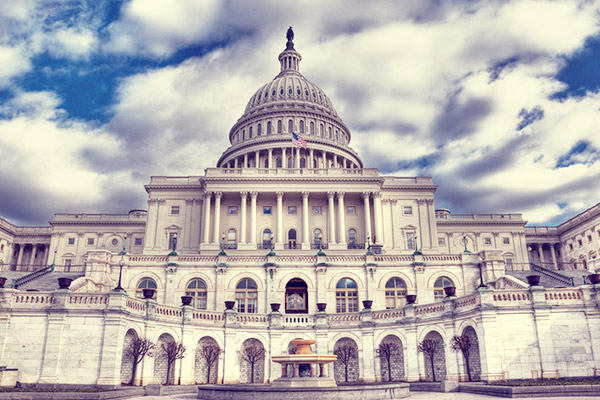
A new study by Pew Research has found that over 90% of the 114th Congress will be made up of Christians, while atheists will have no representation.
Pew Research has recently released a study that causes many people concern, however, very few are surprised. The new 114th Congress was sworn in on January 6, 2015 and there are still major discrepancies between the people of The United States and their representatives when it comes to religion, or lack of a religion. While representation for females and various races has increased over the decades, representation based on religion has remained stagnate.
Once again, a significant majority (91.8%) of Congress members are Christians. This is to be expected. Over half the population follow a Christian faith. Nevertheless, it is still a large over-representation. Jews have a slight over representation, but it isn’t nearly as drastic as the Christian one, and it is decreasing. Buddhists, Muslims, and Hindus have about a representation in Congress closer to their populations.
People who are unaffiliated with a religion make up 20% of the general public but just 0.2% of Congress. http://t.co/TBHomAcqf9
— Ryan J. Davis (@RyanNewYork) January 8, 2015
The real discrepancy comes up with the religiously unaffiliated. Religiously unaffiliated are those who do not believe in a particular religion. This includes atheists, fence-sitters, and those who are religious or spiritual but do not subscribe to a specific religion. They make up twenty percent of the population. About two percent of that twenty are atheists, and three percent are agnostics. Congress currently only has a single unaffiliated member. That number becomes even more concerning when you consider there is no atheist representation in Congress. There are zero admitted atheists, even though they make make up a larger portion of the population than Hindus, Muslims, and Buddhists combined.
For atheists, that often causes great concern. In their view, it means that all of the US Congress believes in something that is false and are influenced by it. It also shows that the stigma against atheists is still thriving. Studies have shown that US citizens will not vote for atheists. Coming out as an atheist is still, in many areas, political suicide. That is quite amazing when you think about it. Basically the majority is saying that they don’t care what you believe as long as you believe in the idea of a god.
Is it really correct for groups to be underrepresented like this in a democracy? Should the American population work to make its government better represent its people?
